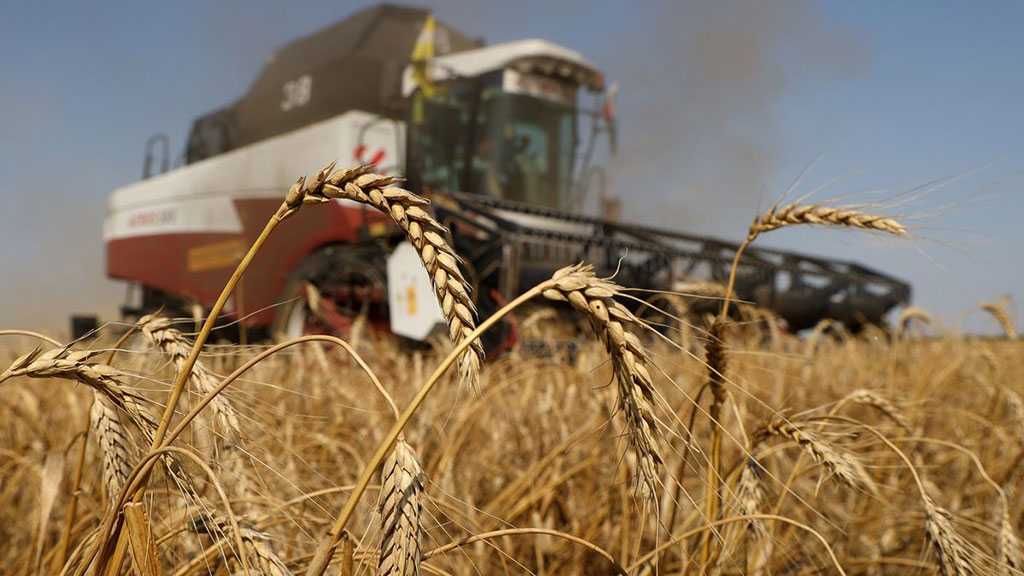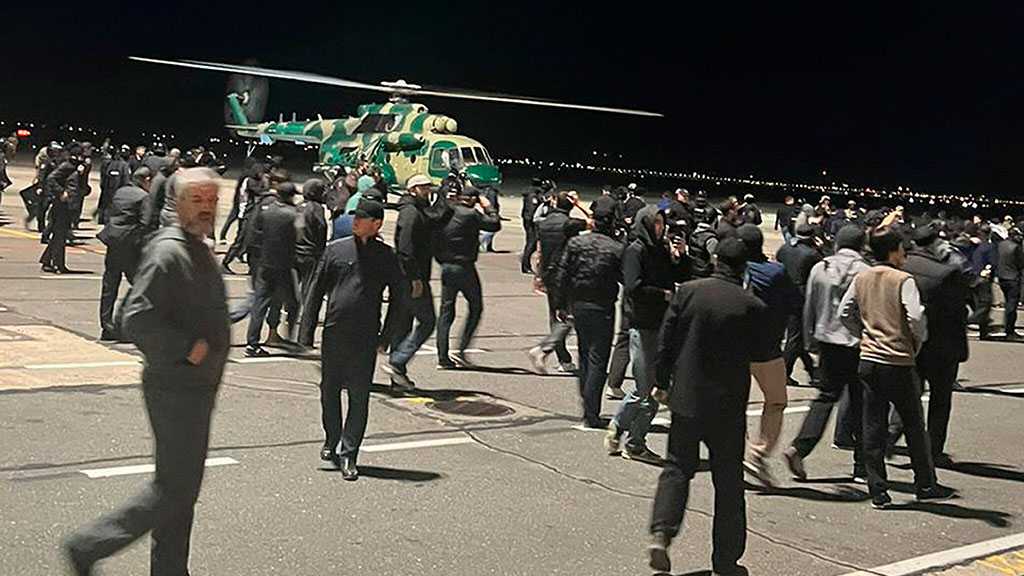
Moscow Urges for Full Implementation of JCPOA Commitments by All Parties
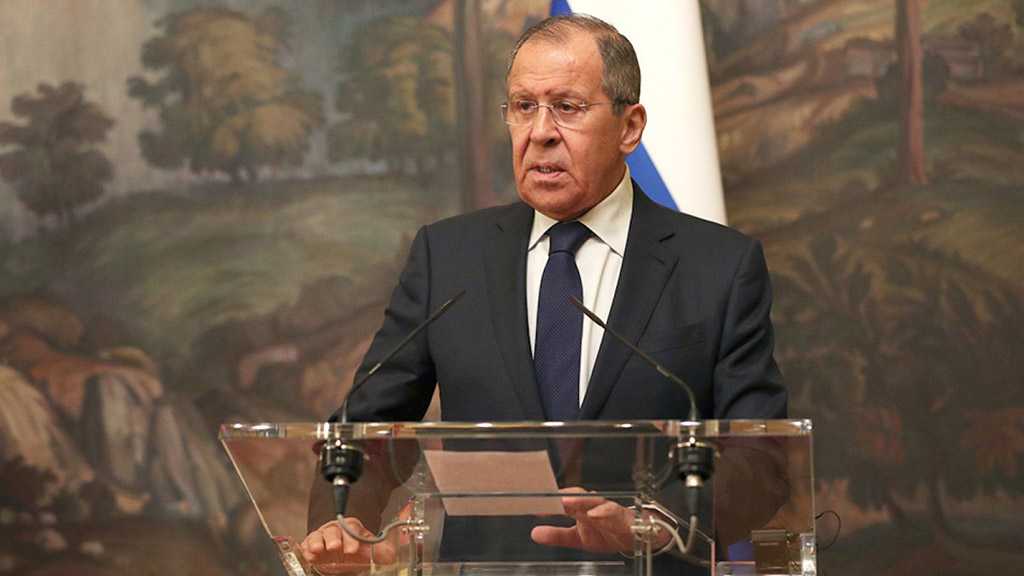
By Staff, Agencies
Russian Foreign Minister Sergey Lavrov has urged all parties to the JCPOA to fully implement their commitments to the 2015 nuclear agreement, hoping for revival of the deal in its original form.
According to Russia’s top diplomat, the window of opportunity for salvaging the nuclear deal has not been closed yet and the necessary condition is the full and consistent implementation of the 2015 agreements by all countries.
Moscow hopes that it will soon be possible to revive the Joint Comprehensive Plan of Action [JCPOA] on Iran’s nuclear program in its original form, Russian Foreign Minister Sergey Lavrov said in an interview with the Russkaya Mysl magazine published in the UK.
"We hope that it will be possible to reverse the trend and return the process of implementing the JCPOA to the originally agreed on framework in the immediate future. Even more so, since Tehran has repeatedly spoken in favor of its willingness to completely unfreeze all of the plan of action’s provisions that it had suspended as soon as the forfeited balance of interests is restored. For our part, we are ready to provide all kinds of assistance in reaching agreements on that score," Lavrov stressed when asked whether it was possible to restore the Iran nuclear deal in cooperation with European countries.
"However, not everything here depends on us or the European participants in the plan of action. The Biden administration’s stance is of key significance. In our view, steps by Washington showing Tehran that the United States’ intentions to return to the JCPOA are serious would help break the impasse around Iran and its nuclear program," the top Russian diplomat stressed.
The JCPOA was signed in 2015 between Iran and six world states –the US, Germany, France, Britain, Russia and China – and was ratified in the form of Resolution 2231, but in 2018 the Trump administration unilaterally withdrew from the Iran nuclear pact as his administration pursued a “maximum pressure” strategy against Tehran.
The remaining European parties also failed to fulfill their end of the bargain and compensate for Washington’s absence. Since then, Iran has begun to take its own measures in response to the Western parties’ refusal to meet commitments under the JCPOA.
Iran measures to reduce its commitment under JCPOA have been within the framework of the nuclear deal and will not mean withdrawal from it.
However, Tehran has expressed its readiness to reverse the suspension of its commitments only if the US returns to the nuclear deal and lifts all sanctions without any preconditions or if the European co-signatories manage to protect business ties with Iran against Washington’s sanctions as part of their contractual obligations.
Iranian President Hassan Rouhani has said that Iran will honor its JCPOA commitments in full if the US fulfills all of its undertakings, adding, while the rhetoric has changed in Washington, there has been no practical shift in the United States’ policies toward Iran.
Comments
- Related News
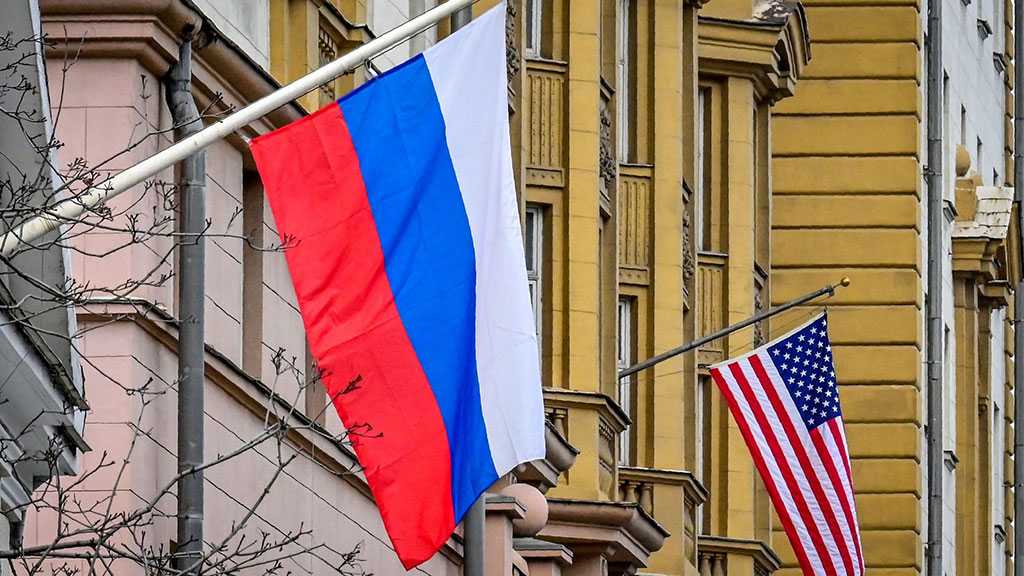
Moscow: Talks with US Unlikely
4 months ago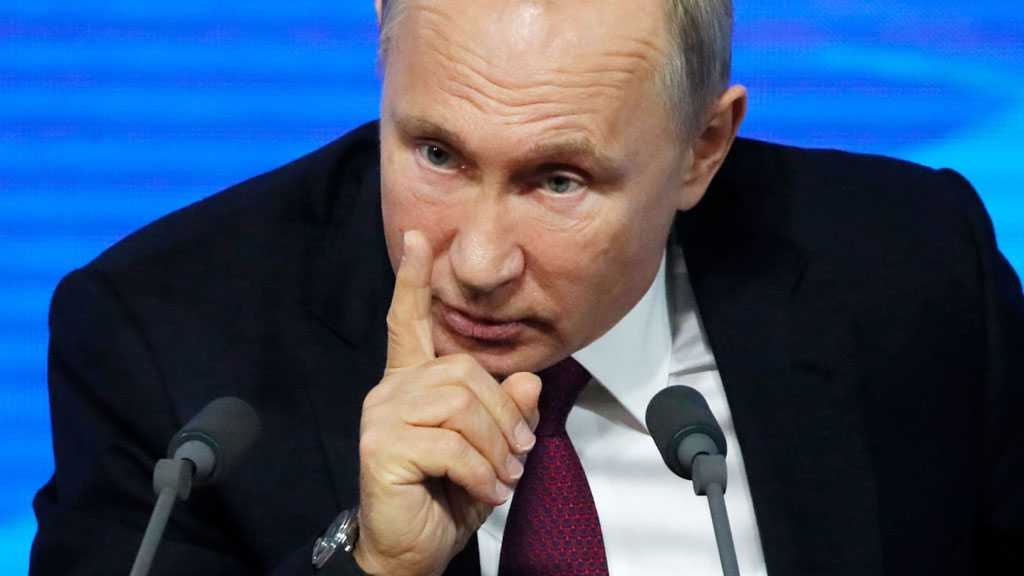
Russia Warns Its Nationals Against Traveling To US
5 months ago